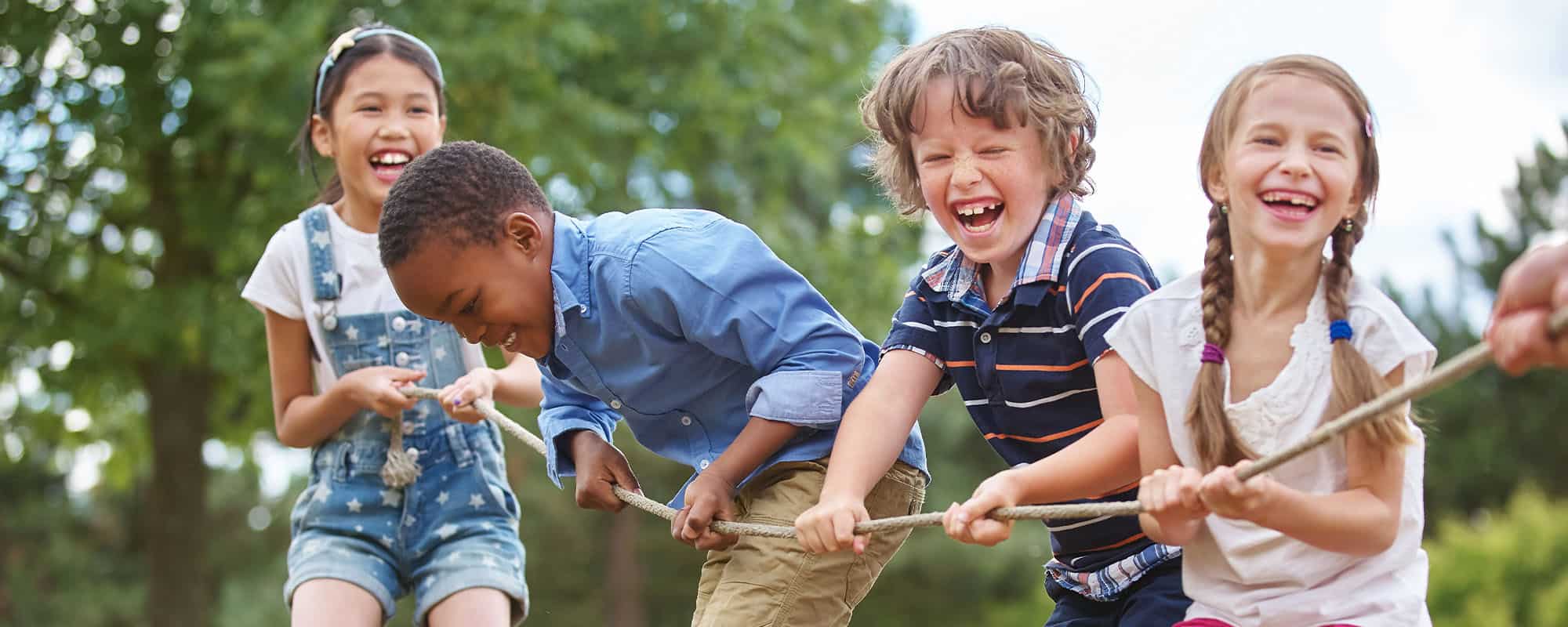Every parent knows that their kids are more layered than a birthday cake. Every milestone adds to those layers, and while some need basic day-to-day parenting, there are some big topics that can sometimes loom overhead.
When it comes to breaking them down, we all know that age-appropriate sex-education is a big slice of that particular pie, and the topics of inclusion, consent and diversity are often in the mix. The great news is that having friends of all genders will organically sort a lot of these big topics out.
The Endgame: Great Relationships in Their Adult Life
Let’s face it, we want our kids to have great lives. We want them to be happy with their friends and partners, have great careers, and be at ease in social situations. Step one is that they will need to be able to work and socialise with anyone in the professional world. If kids are gender segregated from a young age, it means they’ll be forced to un-learn things they’ve been taught about gender. And it won’t be the calm, firm hand of a parent doing it. It will be HR, an angry boss or frustrated colleague.
Want to avoid this? Start as soon as you can to normalise friends of all genders.
The Opposite Sex Isn’t the Enemy
The messages on kid’s clothing, toys, education, after-school classes, sports and more, generate a gender divide. Kids are often unknowingly pitted against each other, and it means children may be missing opportunities to explore new interests and relationships from a young age.
Experiences Play a Bigger Role than Biology
Yes, there are biological differences in kids, yet almost every other part of them comes from experiences, upbringing, education and their environment. Boys aren’t more technical, and girls aren’t more mature. They’re almost always moulded into these directions by their broader environment. It’s wise to teach them to find out about themselves without those constraints.
Assumptions, double standards, stereotypes and tropes are a huge issue in this space. And they make it harder for kids to have friends of the opposite sex. As a parent, it’s key to keep breaking this down as you go.
Don’t Create False Romances
Parents who talk about their very young children having ‘boyfriends’ or ‘girlfriends’ are often unaware this is sexualising language. Be aware of this, and while it’s generally said in jest, it’s impactful and negative talk, and it ‘others’ gender. You simply don’t need to do this – they’re friends, and they can be friends.
You Don’t Need to Make it Happen
Children will gravitate to whoever they want to be friends with, and this might be more blokey or femme at different stages as they grow up. You don’t need to push them in any one direction, or panic. The real benefits come from encouraging cross-gender friendships, having regular little chats about gender and diversity as they come up, being aware of the gender divides that are pushed on kids, and doing your bit to pull them apart.
After all, your children will benefit immeasurably from having a wide, diverse friendship circle that will pay dividends for their entire lives. No HR needed.





